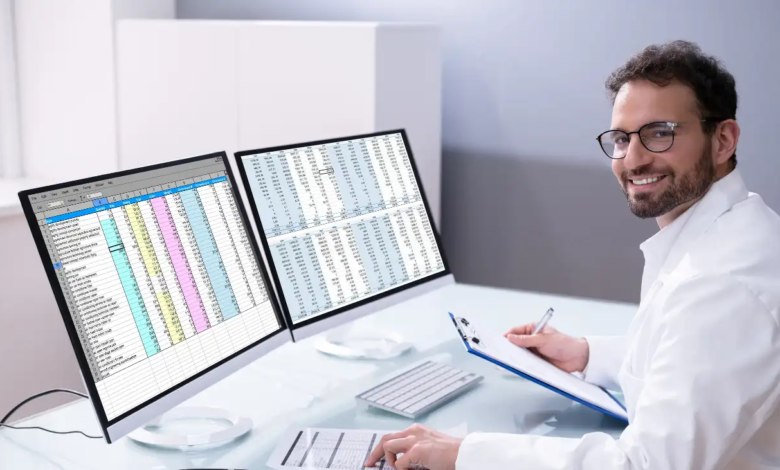A Beginner’s Guide to Understanding Autonomous Medical Coding

At the core of medical coding is the transformation of diagnoses and treatments into standard alphanumeric codes. Insurance companies, healthcare providers and regulatory agencies utilize these codes to monitor billing, report, and track medical care in a precise manner.
Medical Coding plays an essential function in the healthcare industry in ensuring that every treatment a patient receives is documented, classified and invoiced. Codes are not just used for billing purposes, but also for epidemiological research, as well as health policy making and quality control.
Many people use the phrases “medical coding” and “medical billing” in the same way, howeve,r they are two distinct functions in the health system. While medical coders assign particular codes to diagnoses or services, medical billers utilize the codes to write the claims and send them to insurers to receive reimbursement.
In essence, medical coders are responsible for the accuracy and reliability of patient records, whereas medical billers aid in securing required payments for those services.
Medical coding: what exactly is it? In terms of billing, what are the implications?
Medical Coding is the use of standardized codes to explain the diagnosis, procedure and medical treatments provided to patients. These codes are used to connect with insurance companies as well as government agencies, and other healthcare providers.
Medical billing, on the other hand, is the process of sending requests to insurers as well as other payers for payment for medical services offered. Medical billing professionals are accountable to ensure that claims are made promptly and on time in order that healthcare providers be paid in exchange for services.
If you are a new reader, autonomous medical coding is a revolution in healthcare. It utilizes innovative technologies such as artificial intelligence and natural language processing to code clinical documentation with limited human involvement.
An autonomous medical coding solution has higher accuracy and efficiency while streamlining the administrative work of health professionals. This allows healthcare providers to streamline repetitive coding activities, resulting in less time spent on admin and more time dedicated to patient care, all while ensuring compliance and shortening reimbursement cycles.
What is the reason why it’s crucial in the field of healthcare?
Medical Coding is an enjoyable career path that allows you to contribute to keeping accurate records of patients and billing processes and also contributing to the larger health system.
Medical billing and coding in the field of healthcare
Medical billing and coding are crucial to the field of healthcare, as they ensure healthcare providers are adequately compensated for their services and maintain accurate patient records. Correct coding and billing practices can reduce the risk of mistakes and fraud that could have a major impact on patient care and healthcare expenses.
Furthermore, medical billing and coding specialists are highly sought-after in the health industry as more healthcare providers are using electronic health records as well as other electronic tools to handle patient information.
Thus, a career in medical billing and coding is a good option for those keen on details, highly organized, and determined to contribute to the smooth functioning of the healthcare system.



